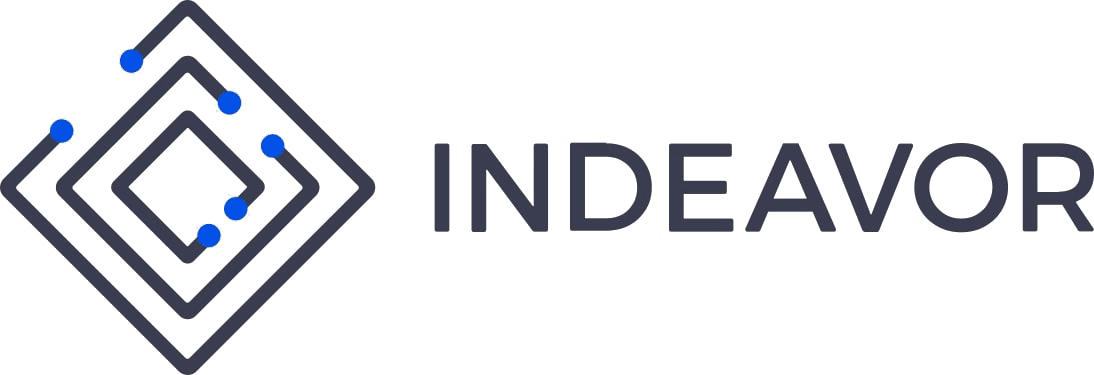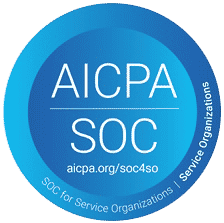Sedex Members Ethical Trade Audit (SMETA) enables businesses to assess their—and their suppliers’—business ethics practices around areas like labor rights, health and safety, and environmental impact. SMETA audits are conducted based on a set of common criteria developed by the Supplier Ethical Data Exchange (Sedex), a membership organization for businesses committed to improving ethical and responsible business practices in global supply chains.
SMETA compliance involves conducting audits to ensure they meet the standards outlined in the SMETA audit methodology. This process helps companies demonstrate their commitment to ethical sourcing and responsible business practices, which is increasingly important in today’s global marketplace where consumers, investors, and regulators are placing greater emphasis on sustainability and social responsibility.
Before diving into the process, here’s why it’s so beneficial to do so in the first place.
How Passing a SMETA Audit Benefits Your Organization
Overall, passing a SMETA audit not only helps companies meet regulatory requirements and customer expectations, but also contributes to long-term business success by promoting ethical behavior, mitigating risks in the supply chain, and enhancing reputation and competitiveness.
Highlighting the positive impact compliance can have on a business, a multi-plant director at a large food processing company explains, “Indeavor has made us SMETA compliant, which has allowed us to land new business because of our ability to pass audits.”
Enhance Your Organization’s Brand Reputation
Achieving SMETA compliance demonstrates a commitment to ethical sourcing and responsible business practices. This can enhance a company’s reputation among customers, investors, and other stakeholders who value sustainability and social responsibility.
Access to New Markets and Maintain Relationships With Customer
Many retailers and brands—particularly in the consumer goods, manufacturing, agriculture, and food/beverage space—require their suppliers to undergo SMETA audits as a condition of doing business. Passing the audit enables suppliers to access new markets and maintain existing relationships with customers who prioritize ethical sourcing.
“Indeavor has made us SMETA compliant, which has allowed us to land new business because of our ability to pass audits.”
– Multi-Plant Director, Food & Beverage industry
Mitigate Risks in the Supply Chain
SMETA audits help identify and address potential risks in the supply chain related to labor rights, health and safety, environmental impact, and business ethics. By addressing these risks proactively, companies can reduce the likelihood of disruptions, legal issues, and reputational damage.
Cost Savings and Fine Avoidance
Implementing improvements identified during the audit process can lead to cost savings in areas such as resource efficiency, waste reduction, and worker productivity. Additionally, avoiding penalties or fines resulting from non-compliance can save money in the long run.
Improve Employee Engagement
The SMETA audit aims to safeguard workers by addressing unsafe working conditions, excessive workloads, discrimination, inadequate wages, and the risk of forced labor. Employees are more likely to feel proud of their organization and motivated to contribute to its success when they know it operates with integrity and respect for human rights.
Gain a Competitive Advantage in the Marketplace
In an increasingly competitive marketplace, companies that prioritize sustainability and social responsibility can differentiate themselves from their competitors. SMETA compliance can serve as a unique selling point and give companies a competitive advantage when seeking new customers or partners.
Build Trust With Stakeholders
Meeting SMETA standards can help build trust with stakeholders such as investors, regulators, and local communities. Transparent reporting on ethical and responsible business practices can foster trust and goodwill, leading to stronger relationships and partnerships.

Understanding the SMETA Process
SMETA assesses the following areas of responsibility, with Labor Standards and Health and Safety being mandatory pillars:
- Labor Standards: Fair wages, working hours, employment contracts, child labor, and forced labor policies
- Health and Safety: Workplace conditions, safety measures, risk assessments, and accident prevention
- Environment: Environmental management system, waste management, resource usage, and pollution control measures
- Business Ethics: Anti-corruption policies, transparency, and adherence to legal and ethical standards
The typical process for an SMETA audit involves preparation, an on-site audit (interviews and tours), and continuous improvement (data analysis, reporting, and follow-up). The preparation stage involves identifying the scope of the audit, including the locations, suppliers, and facilities to be assessed. You’ll notify your suppliers about the upcoming audit and provide them with the necessary information and guidance. Prior to your on-site audit, you will complete an industry-specific Self-Assessment Questionnaire (SAQ) and review the information pack that contains details for conducting an efficient audit.
The day of the on-site audit will follow as such: Conduct an opening meeting with the auditor; tour the site (e.g., offices, factories, warehouses, facilities, etc.); undergo manager and worker interviews; review documentation and records to verify compliance with applicable laws, regulations, and industry-standard; and have a closing meeting to summarize the findings once the auditor has completed all fieldwork to corroborate information.
The continuous improvement stage is critical, as this is where businesses will work together with Sedex to develop and implement corrective action plans for addressing any non-compliance or areas of improvement identified during the audit. This will have been communicated by the auditor during the closing meeting in the form of the corrective action plan report (CAPR). Sedex will monitor your progress in implementing the corrective actions (and supporting documentation) to achieve compliance with SMETA standards, conducting follow-up audits if necessary.
For step-by-step information, Sedex has created a workflow flier.

Easily Pass SMETA Audits With Indeavor
Indeavor’s workforce management software empowers organizations to effectively manage their ethical trade and responsible business practices, enabling them to stay compliant with SMETA standards and demonstrate their commitment to social responsibility.
- Automatically sync employee data between HR systems and your shift schedules to ensure fair working hours and time off allocation
- Seamlessly link labor needs with production requirements by integrating with ERP and demand planning systems to reduce the risk of overwork
- Verify skills and competencies when scheduling employees for specific tasks to prevent accidents and ensure health and safety standards are met
- Promptly reconcile time and pay in accordance to actual hours worked to consistently pay employees accurately
Centralized Workforce Management
Indeavor can track and store information related to ethical trade and responsible business practices in the same place your other vital workforce information (e.g., shift schedules, employee straight time and overtime hours, absences and time off, etc.) is stored. Document policies, procedures, and audit results necessary for SMETA compliance. Indeavor integrates seamlessly with existing supply chain management systems, facilitating data exchange and collaboration across departments and stakeholders involved in maintaining SMETA compliance.
Auditing Capabilities
Indeavor facilitates the auditing process by streamlining data collection, analysis, and reporting. By automatically updating any real-time changes to the schedule, Indeavor ensures that Labor Standards (for example, working hours matching employment contracts) are adhered to. When schedule changes only need to be made once as opposed to multiple times in disparate systems, and when there is a clear audit log, you can reduce the risk of penalties due to misreporting and maintain a proper chain of custody.
Training and Continuous Improvement
Indeavor offers training modules with learning management system (LMS) integrations to help organizations understand SMETA requirements and implement best practices. Tracking employee skills and competencies will ensure that 1) the most qualified, available person is scheduled for the task, 2) employees can upskill themselves with training, and 3) employers can proactively implement corrective actions.
Interested in learning more? Book a demo or give us a call today!







